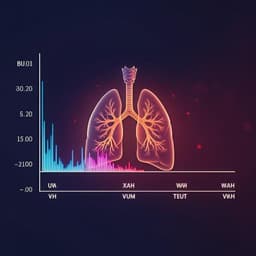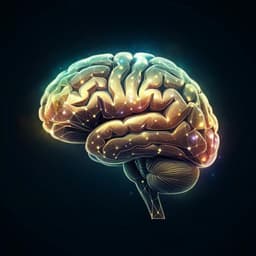
Psychology
Real-life behavioral and neural circuit markers of physical activity as a compensatory mechanism for social isolation
A. Benedyk, M. Reichert, et al.
This study reveals how physical activity can serve as a buffer against the emotional toll of social isolation, even at minimal levels of exercise. Conducted by a team including Anastasia Benedyk and Markus Reichert, the research highlights an intriguing connection between movement and mood, especially significant during the isolating months of the COVID-19 pandemic.
~3 min • Beginner • English
Related Publications
Explore these studies to deepen your understanding of the subject.







